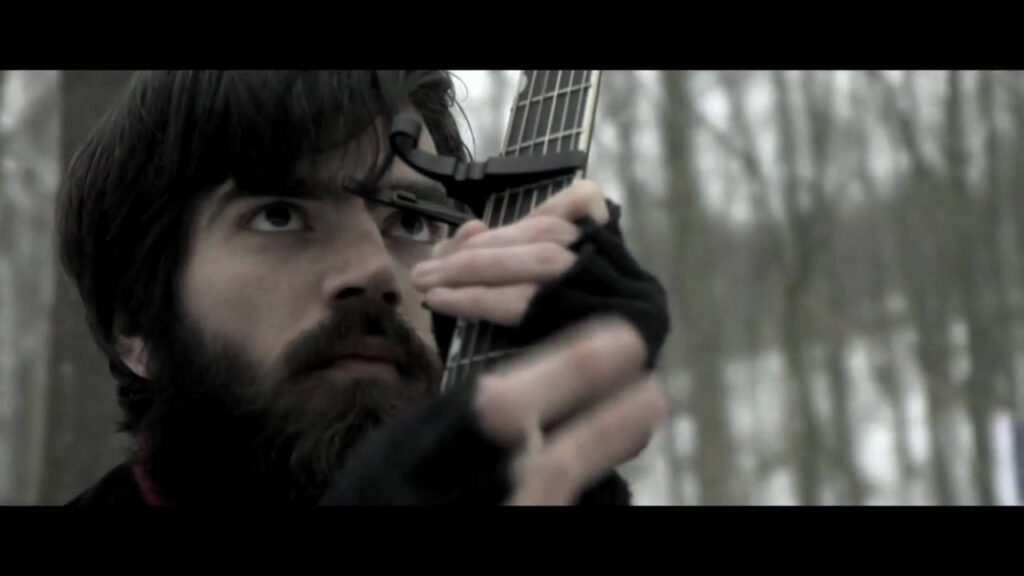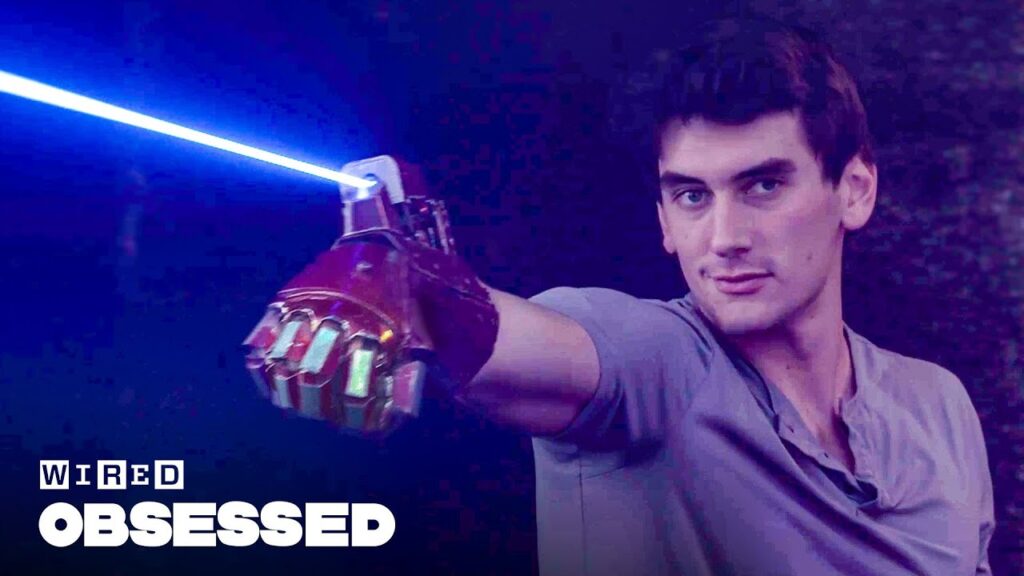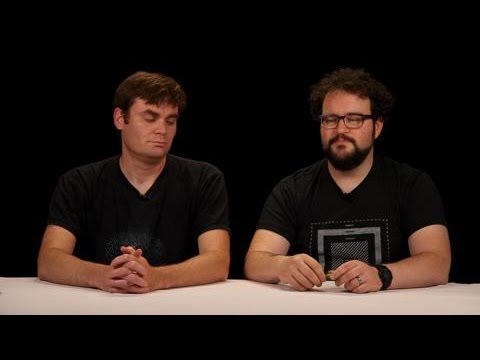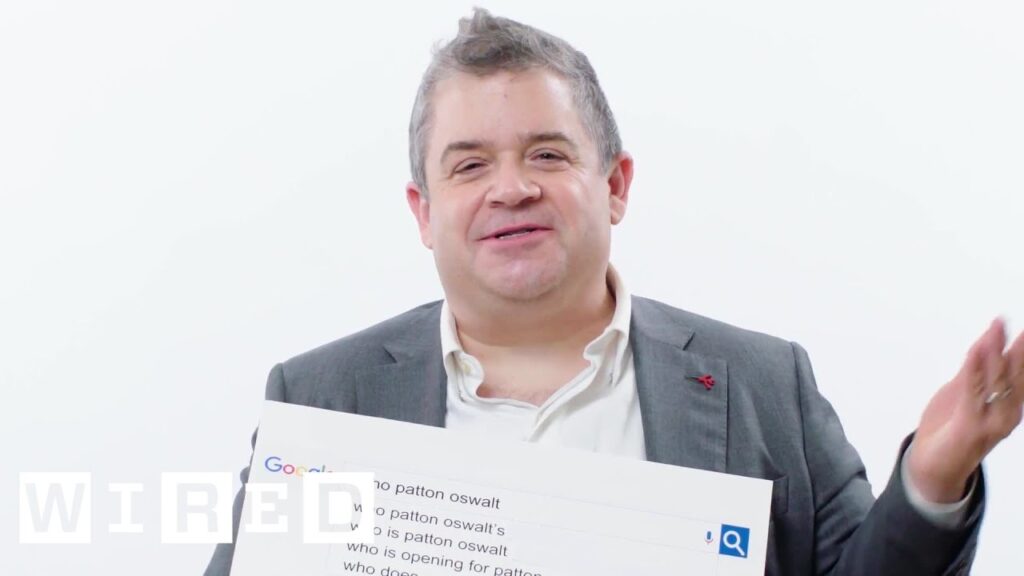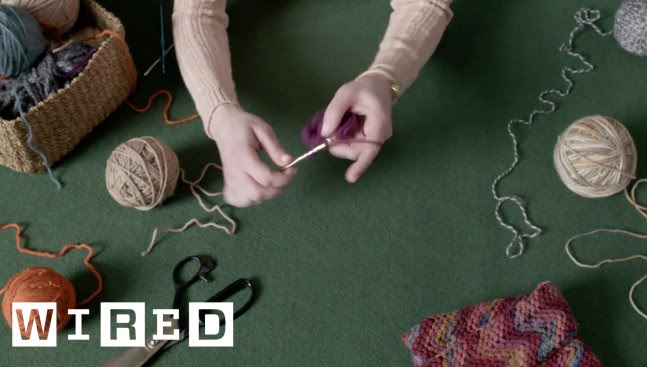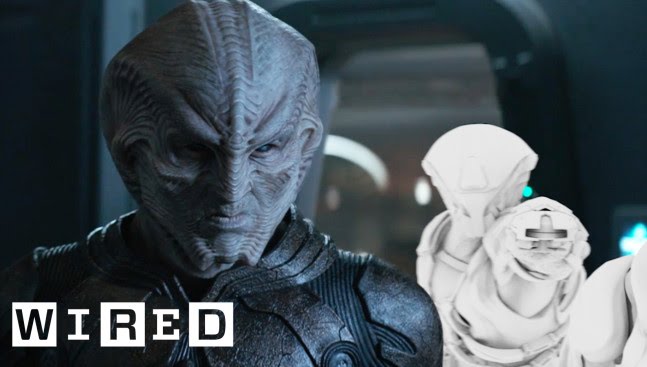Understanding Courtroom Scenes in Movies and TV Shows
Summary
In this article, we explore the portrayal of courtroom scenes in movies and TV shows. We discuss legal terms such as pleading the Fifth Amendment, objections, and continuances. We also highlight the importance of maintaining professionalism in the courtroom and following ethical guidelines.
Table of Contents
- Pleading the Fifth Amendment
- Objections in Court
- The Importance of Judges Ruling on Objections
- Continuances in Court
- Inaccuracies in Courtroom Dialogue
- Legal Terms: Expert Witness and Fact Witness
- Inappropriate Behaviour of the Prosecutor towards a Witness
Pleading the Fifth Amendment
Lucy Lang, a former prosecutor and current executive director of the Institute for Innovation in Prosecution, explains the concept of pleading the Fifth Amendment. This amendment protects individuals from self-incrimination. In movies and TV shows, characters often plead the Fifth when asked a question that could incriminate them.
Objections in Court
Lang also discusses objections raised by lawyers during trials, including objections for hearsay and badgering the witness. Objections are raised when a lawyer believes that a question or piece of evidence is irrelevant, misleading, or prejudicial. Lawyers can also object to the form of a question or the conduct of opposing counsel.
The Importance of Judges Ruling on Objections
Lang emphasizes the importance of judges ruling on objections and not allowing lawyers to continue speaking after an objection has been raised. Judges must ensure that the trial is fair and that the evidence presented is relevant and reliable. They must also ensure that lawyers follow ethical guidelines and do not engage in misconduct.
Continuances in Court
Lang explains the concept of a continuance, which is a request for a delay in a trial. Judges will typically ask for good cause before granting a continuance. Continuances can be requested for various reasons, such as the unavailability of a witness or the need for more time to prepare a case.
Inaccuracies in Courtroom Dialogue
The writer notes that some of the scenes in movies and TV shows are realistic, while others are exaggerated for dramatic effect. They highlight several inaccuracies in the courtroom dialogue, such as the portrayal of lawyers negotiating during downtime, approaching the bench ex parte, and the use of a non-testifying body for a demonstration.
Legal Terms: Expert Witness and Fact Witness
The writer explains legal terms like expert witness and fact witness. An expert witness is someone who has specialized knowledge or experience in a particular field and can provide opinions or interpretations of evidence. A fact witness is someone who has firsthand knowledge of the facts of a case and can testify about what they saw or heard.
Inappropriate Behaviour of the Prosecutor towards a Witness
The writer also points out the inappropriate behaviour of the prosecutor towards a witness in one of the courtroom scenes. The prosecutor is shown badgering the witness and making personal attacks. This behaviour is unethical and can influence the outcome of the trial.
Conclusion
In conclusion, courtroom scenes in movies and TV shows can be entertaining, but they often do not accurately reflect the reality of the legal system. It is important to understand legal terms and ethical guidelines to fully appreciate the complexity of trials. By maintaining professionalism and following ethical guidelines, we can ensure that justice is served in the courtroom.

